Olivia Green
TPF Noob!
- Joined
- Apr 17, 2018
- Messages
- 28
- Reaction score
- 10
- Can others edit my Photos
- Photos NOT OK to edit
Not getting into professional photography but still feel something for it. Got a Nikon D3200 with basic 18-55 kit lens. Just wanted to know if its perfect for Landscape shots or if I need to upgrade the lenses. As I said, not into professional photography but just one of the hobbies. Being a traveler a great portfolio of photos is a plus.


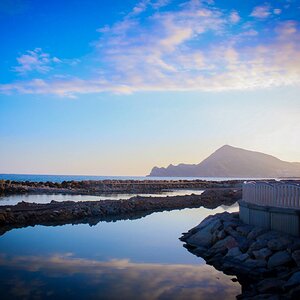
![[No title]](/data/xfmg/thumbnail/37/37602-1ef8dbb1c2d0e4ff347ee65d328c3603.jpg?1619738147)
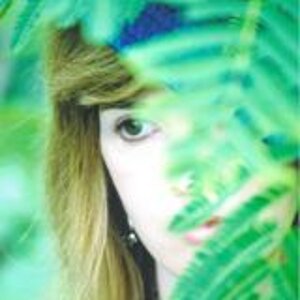
![[No title]](/data/xfmg/thumbnail/40/40286-86401b94de8b01bea8bb4ea154aaea0a.jpg?1619739408)
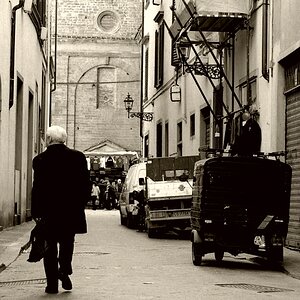
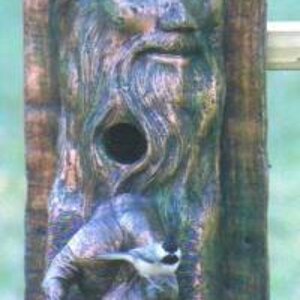
![[No title]](/data/xfmg/thumbnail/30/30865-3dc03385b0036f80524b0636d0d56f07.jpg?1619734484)
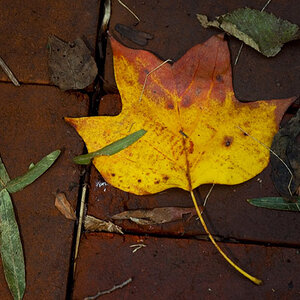
![[No title]](/data/xfmg/thumbnail/42/42060-f597479f8fd78d4bb4d17e7686fb0812.jpg?1619739996)
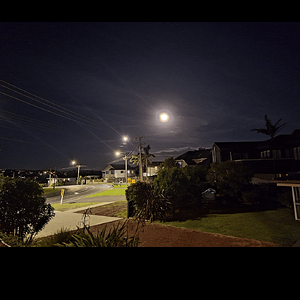

![[No title]](/data/xfmg/thumbnail/37/37603-739c5d9b541a083a12f2f30e45ca2b7b.jpg?1619738147)